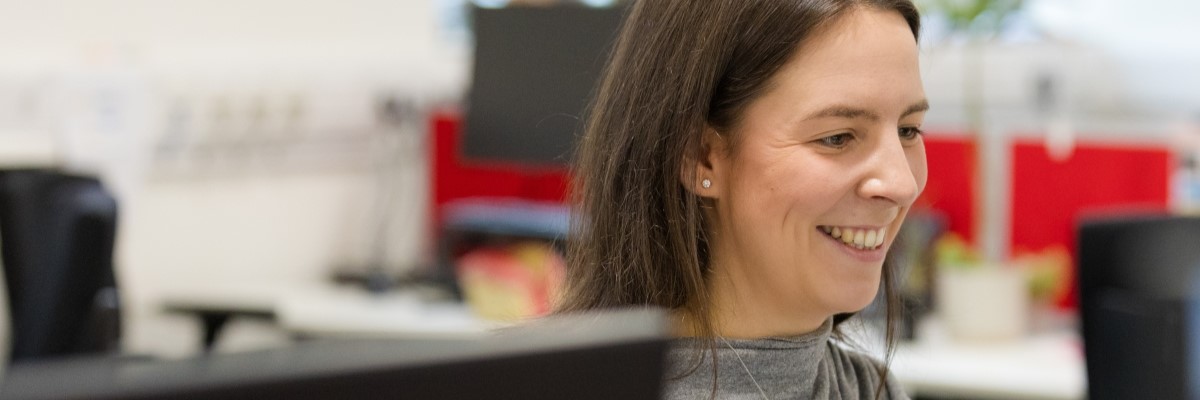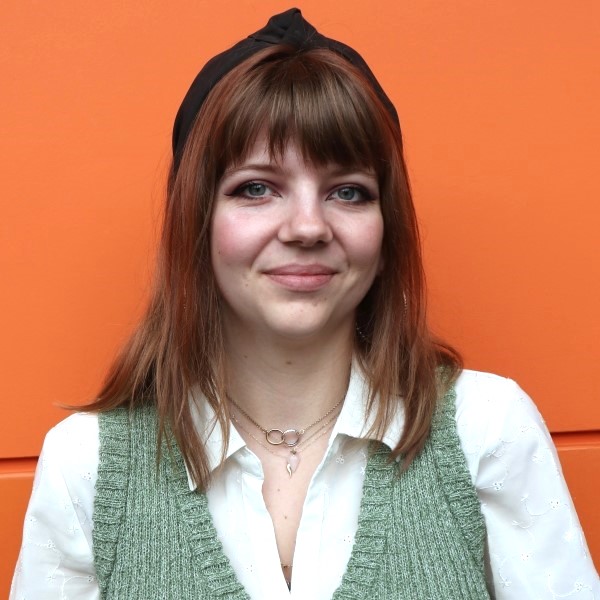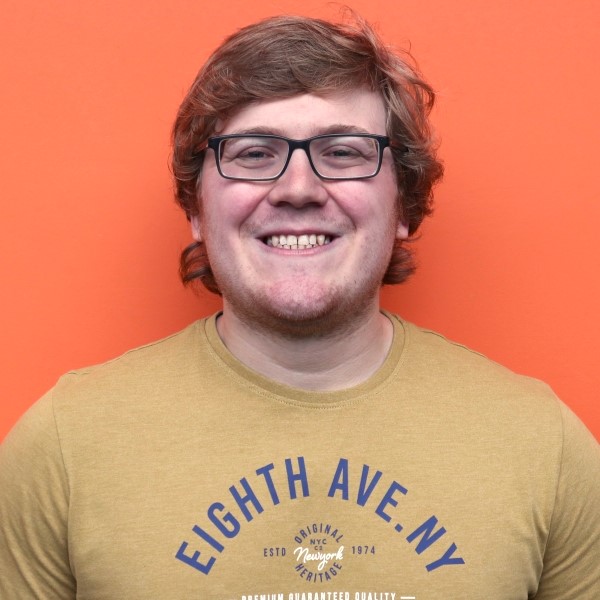PhD Internships
Students working on a strategic PhD will have the opportunity to complete an industry internship during their studies.
STOR-i students have undertaken internships lasting from one to six months at companies including:

Most of our students have an industry partner for their PhD. These students will have a primary supervisor from STOR-i and a second supervisor from industry. This unique and exciting feature of the STOR-i programme gives you a range of career benefits.
Industrial placements are primarily about collaborating with the industrial partner on your ongoing research work. These visits allow you to continue your work with a different angle on your supervision. Critically it will allow you to ensure that your research has a real impact and to see the practical benefits of your research for the industrial partner.
The chance to visit and work in our industrial partners’ offices will help you to develop important skills such as effective communication with team members outside of the STOR discipline. You will see how a harmonious industrial research team works in practice. The networking experience gained from these collaborations provide long-term benefits to your career, making you both highly employable and an ideal future collaborator.
STOR-i’s training programme is designed to prepare our students for exactly this type of activity. The MRes year ensures you are prepared to deal with the challenges of working in collaboration with industry and while on placement. During your PhD, additional courses will continue to develop these skills through group work.
Placements tend to vary strongly between partner and projects. Typically, students spend between 1-2 months a year at the partner’s offices. These visits can be many short 1-2 day visits, visits of two weeks, or one longer visit. All approaches have their different advantages and all are valid. Partner institutions will be responsible for covering the costs of your travel and accommodation during these visits. Additionally the industrial supervisor is likely to visit you at regular intervals to discuss progress on the project with yourself and your academic supervisor.
Students working on a strategic PhD will have the opportunity to complete an industry internship during their studies.
STOR-i students have undertaken internships lasting from one to six months at companies including:
Here you can read about two of our current students' internship experiences:

My STOR-i PhD (partnered with Shell) has two main focusses: the development of methodology for the characterisation of extreme events to aid the accurate forecasting of future hazards in a wide variety of contexts; and improvement of current statistical models for the assessment of induced seismic hazards for the specific application of the Groningen gas field in the Netherlands.
I recently undertook a 4-month internship with my industry partner, Shell. The research focussed on the calibration of medium-range forecasts of environmental time series for use in decision-making regarding the safety of offshore structures. Among other things, it involved data cleaning, and learning Python through data exploration and statistical analysis of environmental datasets. Gaining real-world experience of working as a researcher in industry has been both enlightening and invaluable. The area of research was completely different to that of my PhD which enabled me to expand my knowledge in statistics and gain new skills, and in addition to the goals of the project, I was allowed to explore the aspects of the research which I found to be the most intriguing.
I was also lucky enough to interact with a lot of new people working in a range of different roles during my internship, and feel I have extended my network greatly, learned much more about a range of different industry-based roles, and gained valuable insights for the future. As I near the end of my PhD, I’m very grateful to have had the opportunity to gain these additional skills and new experiences. I see them as very useful as I take the first steps in the search for my future career.

My PhD (partnered with Tesco) focused on looking at heuristic methods for variations of the location-routing problem with the goal of aiding decision makers with distribution network design. I particularly focused on using hyper-heuristic techniques.
I undertook a 4-month knowledge transfer project with Optrak and Lancaster University. This project involved developing constructive heuristic methods to produce solutions to the commercial waste collection problem. This involves constructing the order of routes trucks will take to collection waste from commercial sites in an efficient manner. This work also included collecting and joining data from a variety of sources to create test instances. During this time, I learnt a variety of skills: working with various datasets, learning to use new coding languages and to code collaboratively. I also gained deep knowledge of the industry which I am sure to be invaluable in my future career.

My PhD project in partnership with the Heilbronn Institute is concerned with applying Reinforcement Learning methodology to decision making within certain algorithms.
I recently took part in a 1-month internship with the Smith Institute, a mathematical consultancy firm based in Oxford. The aim of the internship was to co-author a report on network resilience with other PhD students from Lancaster University and the University of Bristol. My section of the report focused on how modelling large software packages as networks could contribute to resilience (of the package) to disruptive bugs. The internship helped me to develop my abilities researching for and assembling a technical report for a business audience, working within a company structure.